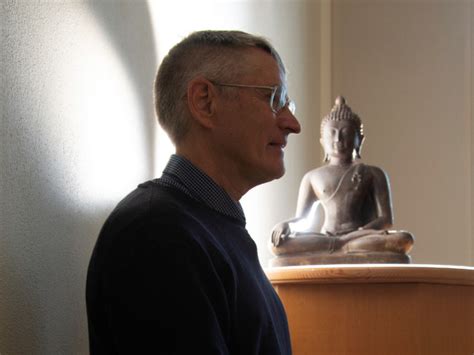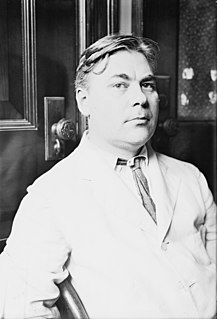A Quote by William Fleming
Prudence is one of the virtues which were called cardinal by the ancient ethical writers.
Related Quotes
Loyalty saves us from the self-advantaging compromising of important relations - such as friendship, marital and professional commitments, group memberships, and so on. But as the Aristotelians would put it, its expression requires phronesis - wisdom not to allow it to compromise other important virtues ,there is something to the ancient doctrine of the unity of the virtues. I believe that is true of all virtues, but especially of the executive virtues - such as industriousness, sincerity, conscientiousness, and courage - which may become detached from substantive goods.
[the virtues] cannot exist without Prudence. A proof of this is that everyone, even at the present day, in defining Virtue, after saying what disposition it is [i.e. moral virtue] and specifying the things with which it is concerned, adds that it is a disposition determined by the right principle; and the right principle is the principle determined by Prudence.
People knew there were two ways of coming at truth. One was science, or what the Greeks called Logos, reason, logic. And that was essential that the discourse of science or logic related directed to the external world. The other was mythos, what the Greeks called myth, which didn't mean a fantasy story, but it was a narrative associated with ritual and ethical practice but it helped us to address problems for which there were no easy answers, like mortality, cruelty, the sorrow that overtakes us all that's part of the human condition. And these two were not in opposition, we needed both.
The step between prudence and paranoia is short and steep. Prudence wears a seat belt. Paranoia avoids cars. Prudence washes with soap. Paranoia avoids human contact. Prudence saves for old age. Paranoia hoards even trash. Prudence prepares and plans, paranoia panics. Prudence calculates the risk and takes the plunge. Paranoia never enters the water.
Chastity is the lily of virtues, and makes men almost equal to Angels. Everything is beautiful in accordance with its purity. Now the purity of man is chastity, which is called honesty, and the observance of it, honor and also integrity; and its contrary is called corruption; in short, it has this peculiar excellence above the other virtues, that it preserves both soul and body fair and unspotted.
The State which we have founded must possess the four cardinal virtues of wisdom, courage, discipline and justice ... Justice is the principle which has in fact been followed throughout, the principle of one man one job, of minding one s own business , in the sense of doing the job for which one is naturally fitted and not interfering with other people.


































